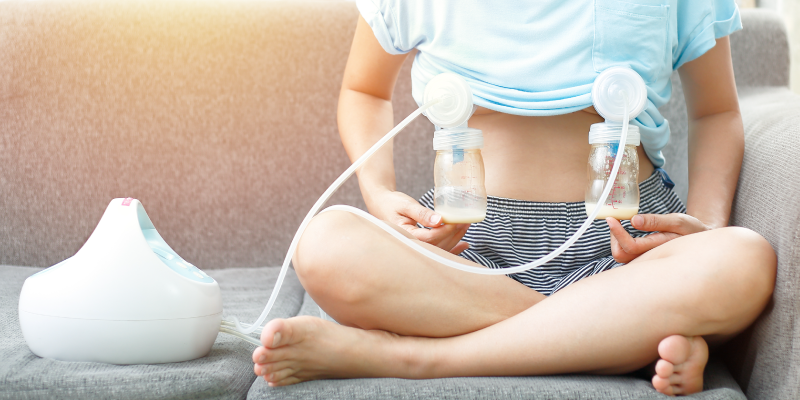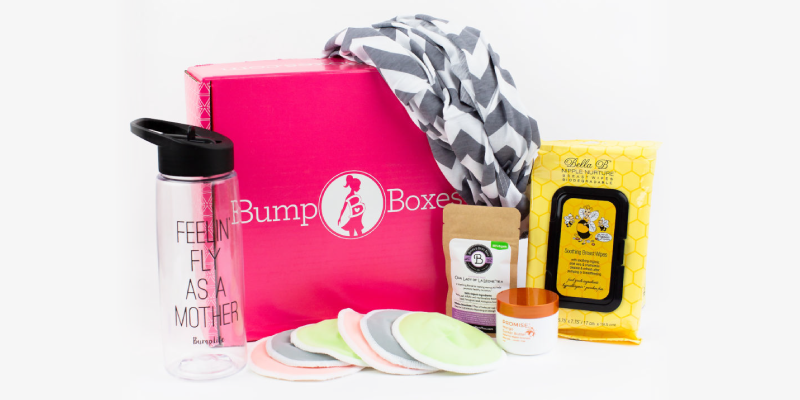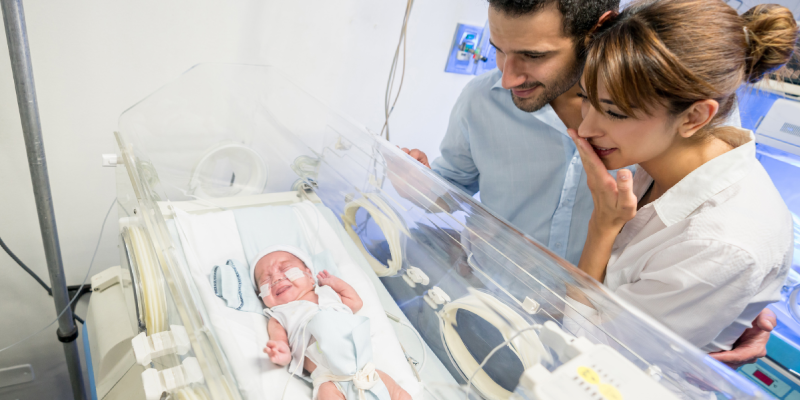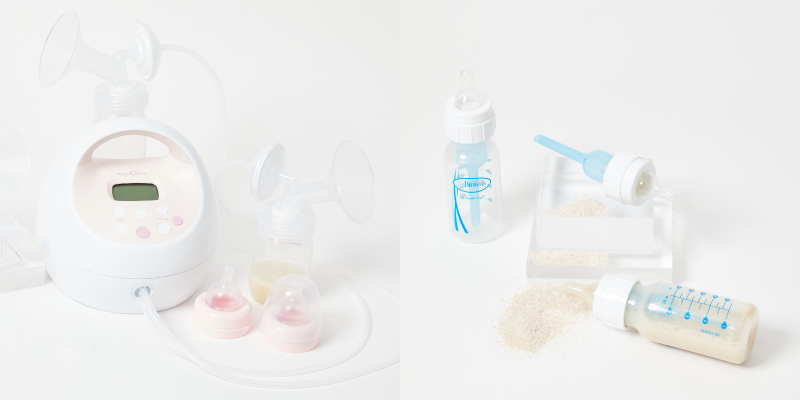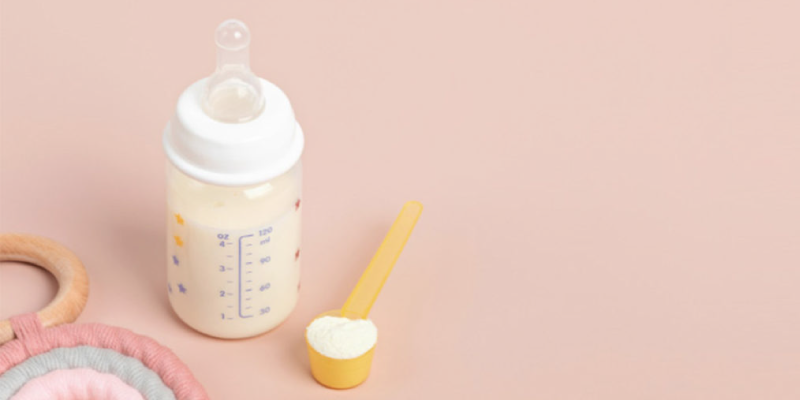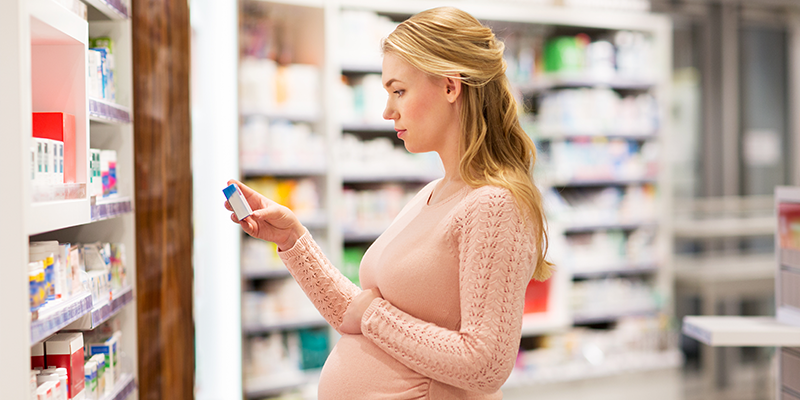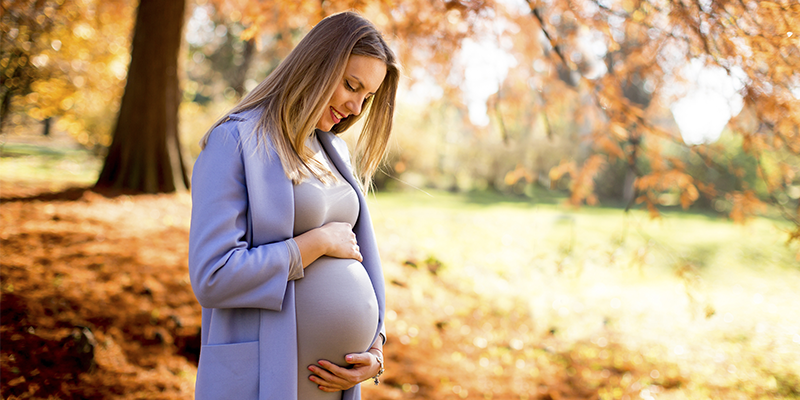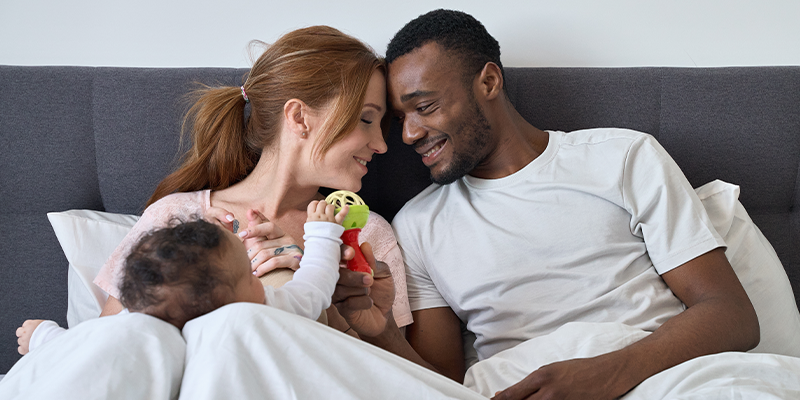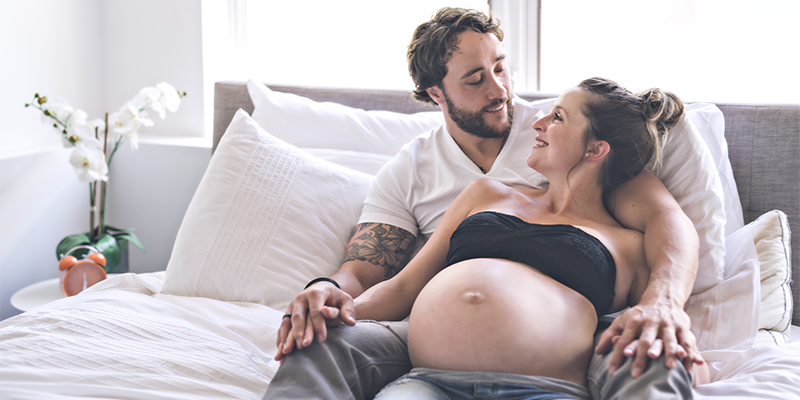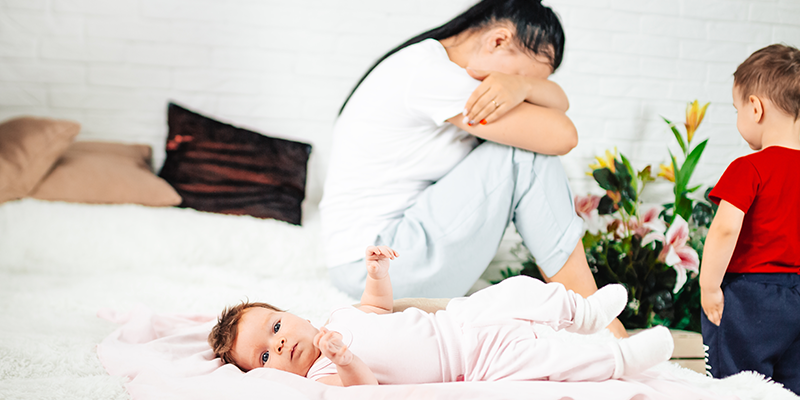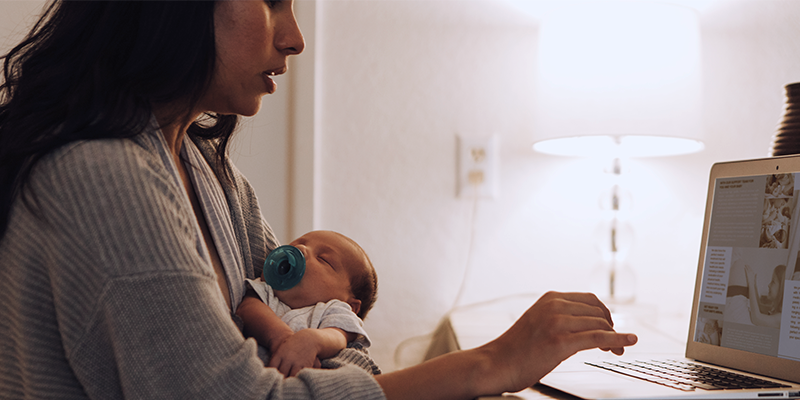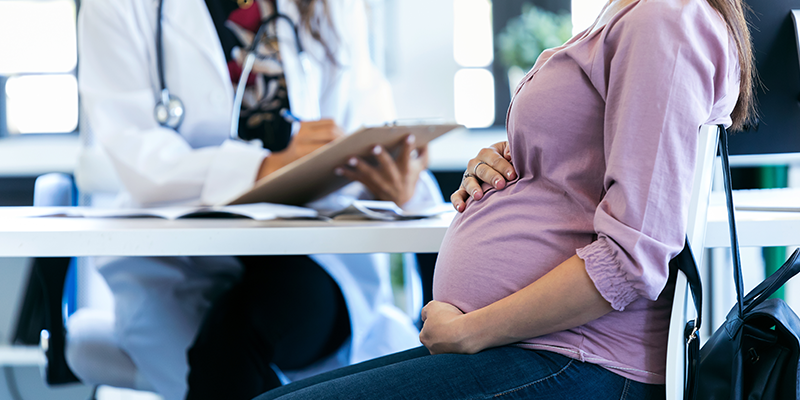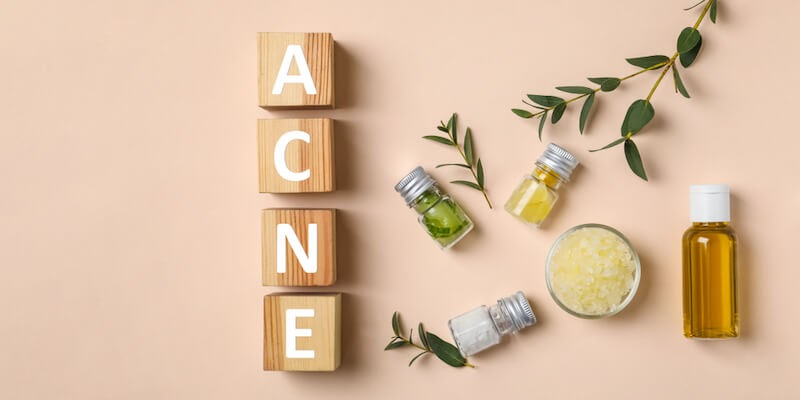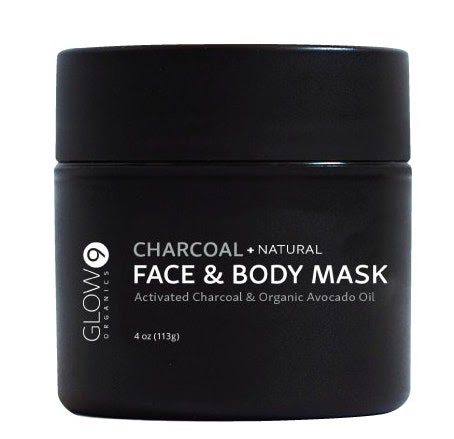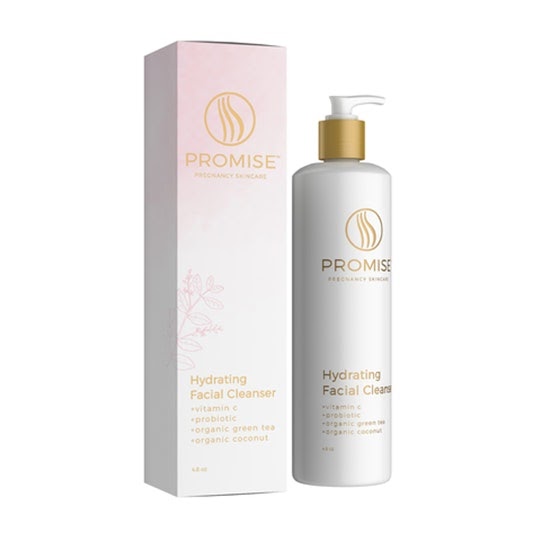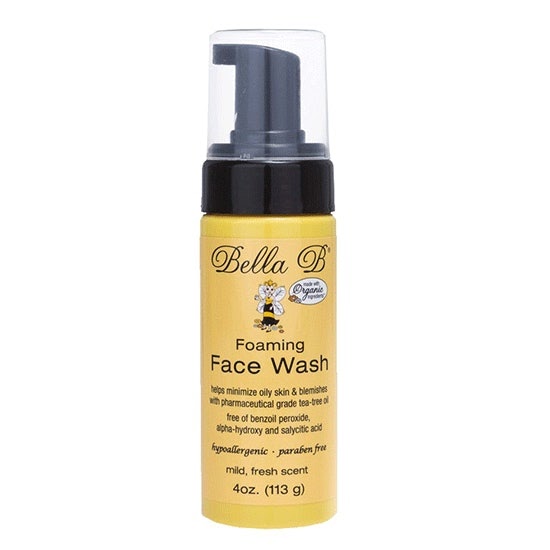How to get rid of pregnancy acne: pregnancy-safe acne products and all-natural remedies
Most of us expect (and hope) to kiss pimples and breakouts goodbye after our teen years, but pregnancy acne is actually super common. Most women end up breaking out at some point during the first or second trimester, but others don’t experience acne until the third trimester, as their bodies undergo the most significant changes before birth.
But do we have to just accept our blemish-laden fate, or is there something we can do about it? In this post, we’re gonna answer some of the most common questions around safely getting rid of pregnancy acne, including:
- Why do we get pregnancy acne? (jump to here)
- Is there a cure? Or how can I treat it? (jump to here)
- What products are best? (jump to here)
- What at-home remedies are best? (jump to here)
- What anti-acne chemicals should I avoid during pregnancy (that could harm the baby)? (jump to here)
Let’s get started.
Why do we get pregnancy acne?
Hormones, specifically androgen hormones, go crazy during pregnancy. And as you probably know from puberty, fluctuations in hormones can result in excess oil production and acne.
The one thing about hormonal acne, though, is that it’s really hard to get rid of. Like, really hard. Because we can’t do much to control our hormones.
Even worse? Hormonal acne tends to be more severe, longer-lasting, and all-around more bothersome than other types of acne. That’s what makes pregnant Mamas even more desperate for a solution.
Is there a cure for pregnancy acne?
While keeping up with your skin care routine will help, there really isn’t a *cure* for hormonal or pregnancy acne. And stressing about pregnancy pimples will likely make your acne even worse. Thanks, universe.
That said, there are some products that can help and some you should 100% avoid during pregnancy. What products are safe to use? Are there any ingredients to avoid? What products actually help? Let’s talk.
Best skin care for pregnancy acne
When you find out you’re pregnant, one of the first things you should do is swap your skin care products with pregnancy-safe substitutes. If you haven’t done so already, now is certainly the time. And PSA: Not all natural ingredients used in skin care are pregnancy safe.
As Moms ourselves, we got tired of scouring ingredient labels and doing hours of research on every skin care option, which is why we decided to develop our own line of skin care — the Glow Organics brand — with pure, clean, pregnancy-safe ingredients.
And some of our favorite products for pregnancy acne are made right here in-house.
Glow Organics Charcoal Mask
First on our list is our Charcoal + Natural Face & Body Mask. This powerful product works double time to cleanse dirt and toxins from the skin’s surface (and deep below), leaving you feeling fresh and clean. We actually designed this face and body mask to calm redness and inflammation from hormonal flare-ups, so it’s perfect for pregnancy pimples that just won’t seem to go away. Of course, our mask is also made with avocado oil, so it’s über hydrating and won’t strip your skin’s natural oils.
Promise Hydrating Facial Cleanser
The Promise Brand is another reputable company to shop with when searching pregnancy skincare. Their all-natural cleanser contains a blend of green tea extract, coconut oil, and vitamins C and E to nourish skin and treat blemishes. What’s really cool about this facial cleanser, though, is the fact that it contains live probiotics (like what’s found in kombucha and some yogurts) to eliminate bacteria that could otherwise lead to breakouts.
Promise’s Hydrating Cleanser is free of dyes, phthalates, and other potentially-harmful chemicals, and is safe for all skin types.
Bella B Foaming Face Wash
Bella B’s Foaming Face Wash is the last to highlight, but certainly not the least. We recommend this foaming facial soap because it’s formulated with ingredients like green tea extract, tea tree oil, and aloe vera — all shown to combat breakouts and oily skin, naturally. Plus, it’s free of chemicals like benzoyl peroxide, salicylic acid, and alpha-hydroxy acid, so there’s no question about its safety for pregnancy.
Moms love this face wash because it smells super fresh and fights oil without drying. Bump Boxes Mamas even mention using this face soap specifically to fight pregnancy acne, and many of our Mamas reorder this facial soap all throughout their pregnancy because they like it so much.
Tips for getting rid of pregnancy acne
Since acne during pregnancy isn’t caused by anything different than the acne teens and other adults suffer with, there are some tips and tricks that you’ve likely relied on in the past that you can continue to rely on for better skin during pregnancy.
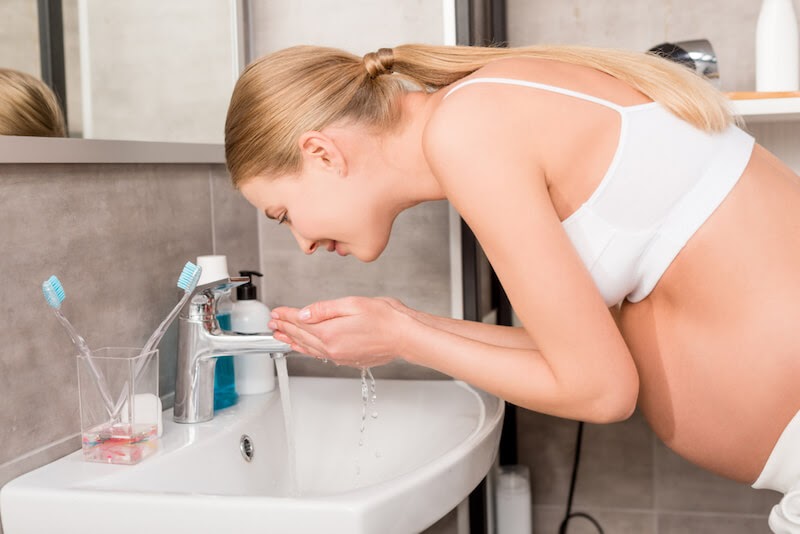
Some of our most basic tips for achieving clearer skin include:
- Washing your face twice daily
- Drinking lots of water (which you should be doing during pregnancy anyway)
- Following a healthy, clean diet and avoiding sugary, processed foods
- Using a clarifying shampoo and keeping the hairline clean/free of product buildup
- Avoiding sun exposure and using an oil-free moisturizer with SPF (or better yet, a pregnancy-safe sunscreen)
- Moisturizing morning and night
However, there are some other tricks you can try that may pack an extra punch + help with hard-to-treat acne. These include:
- Using apple cider vinegar or witch hazel as a toner to reduce inflammation and redness
- Exfoliating dead skin cells with sugar and coconut oil
- Applying tea tree oil, green tea extract, or an overnight blemish spot remedy as a spot treatment
- Supplementing your skincare routine with a charcoal or honey-based detoxifying mask
- Moisturizing with aloe vera or a lighter, non comedogenic lotion
Pregnancy-safe anti-acne ingredients (and ingredients to stay away from)
Considering many skin care products aren’t safe to use during pregnancy, it’s no surprise there are chemicals and ingredients to avoid when shopping anti-acne solutions as well. Below, we highlight the most effective, safe ingredients to look for, as well as the not-so-safe chemicals to steer clear of.
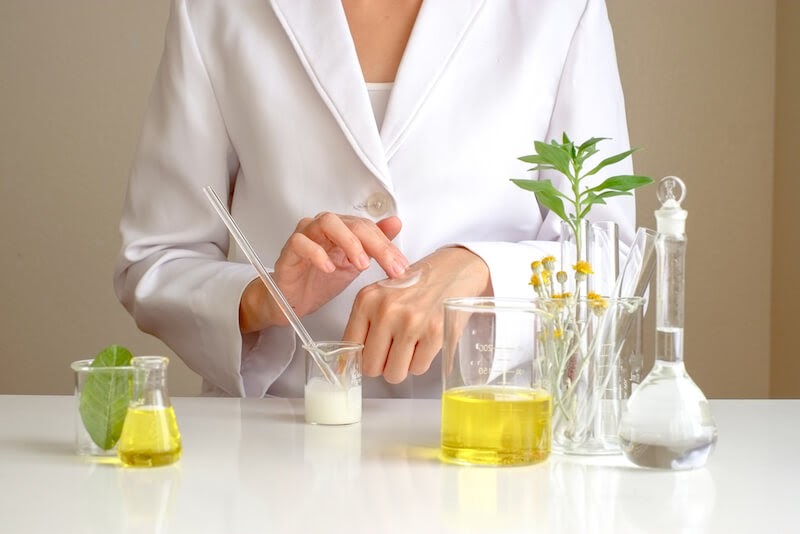
- USE: Glycolic Acid – When applied topically and in small amounts, glycolic acid is completely safe to use during pregnancy. Not only is it a powerful acne fighter, but glycolic acid can improve skin tone and texture, too, eliminating wrinkles and reversing sun damage.
- AVOID: Retinoids – Retinoids, including retinol, tretinoin, and isotretinoin, (a.k.a. synthetic vitamin A), should never be taken during pregnancy since these creams increase the risk of birth defects and other congenital issues. Retin-A, Differin, and Accutane are popular retinoid creams that have been linked to everything from miscarriages to learning disabilities in children. Using retinoids can even result in Fetal Retinoid Syndrome, a rare but serious condition.
- USE: Niacinamide – Niacinamide is a naturally-occurring form of vitamin B3. It’s found in everything from green beans to red meat, and it’s perfectly safe to continue using during pregnancy. Many dermatologists regard niacinamide as the skin care ingredient of all skin care ingredients, since it can be used to help with everything from signs of aging to rosacea. It’s especially useful in the fight against acne, though, and can effectively reduce inflammation and redness.
- AVOID: Benzoyl Peroxide – Some dermatologists will say benzoyl peroxide, like salicylic acid, is safe to use in small doses; so, if your derm recommends this ingredient, it might be worth trying. However, the safety of this ingredient hasn’t been studied nearly enough to guarantee it won’t pose a risk to you or your baby. For that reason, it’s best to avoid unless your doctor or derm recommends it. As an alternative, your dermatologist may also prescribe azelaic acid, which functions in a similar way to benzoyl peroxide and salicylic acid.
- USE: Vitamin C – Vitamin C serums are rich in antioxidants, so they offer a whole boatload of benefits for your skin. Vitamins E, K, and B3 (hello, niacinamide) serums are also chock full of antioxidants and beneficial for your skin. What do antioxidants do? They fight off free radicals to reverse skin damage, including acne, so that skin looks younger, plumper, and free of blemishes.
- AVOID: Hydroquinone – Hydroquinone is a popular ingredient used to reduce acne scars, redness, and other skin discoloration. But it’s not the safest skincare ingredient, especially for pregnancy, because it’s entirely synthetic. Even scarier, hydroquinone is considered a carcinogen, so it’s not really great to use, in general.
FAQs
Does pregnancy acne go away?
Pregnancy acne does go away. Sometimes pregnancy acne fades after the first trimester, but other women experience pregnancy acne throughout the entire pregnancy and even after they give birth. In addition, acne is fairly normal while breastfeeding (for the same reasons zits can emerge during pregnancy).
Once hormone levels start returning to ‘normal,’ pregnancy acne should go away. However, if acne persists or you struggle with acne scars, it’s worth talking with your dermatologist about possible treatment options. Your healthcare provider may prescribe something more effective than regular ol’ over-the-counter acne medications, such as clindamycin or erythromycin.
Does acne get worse when you’re pregnant?
Yes, acne can get worse during pregnancy because your body is undergoing major changes. If you’re prone to breakouts or have a history with adult acne, you may be more likely to experience acne during pregnancy. That said, there’s no guarantee you will get acne during pregnancy or that acne will worsen while you’re expecting.
Is it normal to get pimples on your breasts while pregnant?
Pimples can appear all over your body, from your breasts to your back — but no matter where zits are located, they’re still completely normal during pregnancy. The way you treat body and back acne is no different than how you’d treat a pimple on your face. Refrain from popping and, instead, apply a pregnancy-safe anti-acne solution and wait for the blemish to fade.
How do you treat hormonal acne?
Most of the time, hormonal acne — also sometimes described as “cystic acne” —appears as bumps that emerge from below the skin. These lumps and bumps don’t have a visible whitehead or anything to pop, so to speak. Applying pimple creams and other anti-acne treatments can ease inflammation and reduce the size of these bumps, but when bumps are below the skin, the only option is to let them subside on their own.
What vitamins help with acne?
For non-pregnant individuals, vitamin A and retinoids are the go-to for acne breakouts. But during pregnancy, you should avoid these because excessive amounts of vitamin A have been shown to cause birth defects and pose health risks to developing babies. Yes, prenatal vitamins do contain vitamin A, but these vitamins typically contain all the vitamin A you need, so supplementing with creams and other sources of the vitamin can be risky.
As an acne-fighting alternative, we suggest zinc supplements. Zinc has been shown to reduce sebum (oil) production and calm hormonal acne without posing any risks to pregnant Mamas or their developing babies. And since expecting moms need extra zinc during pregnancy, taking a zinc supplement can offer benefits beyond just treating acne.
Can prenatal vitamins help with acne?
As we hinted at above, taking quality prenatal vitamins with ingredients like zinc in them can help keep pregnancy acne under control. But not all prenatal vitamins have what it takes. We worked hard to cover all the nutritional needs of Moms + their growing babies when formulating our prenatal vitamins. And yes, we thought of everything from how we could help combat morning sickness to how we could help tackle pregnancy acne. So, when talking to your healthcare provider about choosing a prenatal vitamin, be sure to mention ours!
Fight acne + stress with a monthly pregnancy treat
Pregnancy is a beautiful, magical time, but it’s also a time of great change. You may not be feeling or looking like yourself, which makes it hard not to stress and beat yourself up over things like blemishes. But what if, instead of beating yourself up, you prioritized self care and did more things that made you feel better — inside and out?
When our founder was pregnant for the first time, she scoured store aisles and the internet to study every skin care ingredient in every product to figure out if it was safe for her pregnant body + growing baby. But that was exhausting, and she knew there had to be a better way to get high-quality, safe pregnancy products. That’s how Bump Boxes was born.
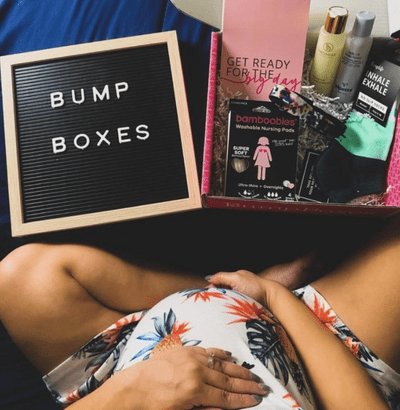
Now, we have a whole team of Moms who’ve been through pregnancy and all it’s ups and downs (including pregnancy acne!), and we used that knowledge and experience to create customized Bump Boxes for Mamas and Moms-to-be each and every month.
We design every box specifically to address the pain points of pregnancy — for example, early pregnancy boxes include morning sickness remedies, while third trimester boxes have the best items to alleviate pregnancy back pains — and we include a collection of goodies to introduce you to different pregnancy-safe brands you can use to stock your arsenal.
That way, you don’t have to go through the hours of research and added stress our founder, Christine, went through when she was pregnant with her first. Our pregnancy subscription boxes are designed to make self care and skin care easier for Moms-to-be. Because less stress = healthy for you, your skin, and your growing bump.
Even better? All of the goodies found in our subscription boxes can be bought a la carte right on our website. So, if you looooove something, you can restock your favorite items and have them shipped right ot your door with only a few clicks.

So, as you look for safe ways to treat pregnancy acne, remember the role stress plays. If there’s ever a time to treat yourself, it’s during pregnancy. So, treat yo’self, Ma!





